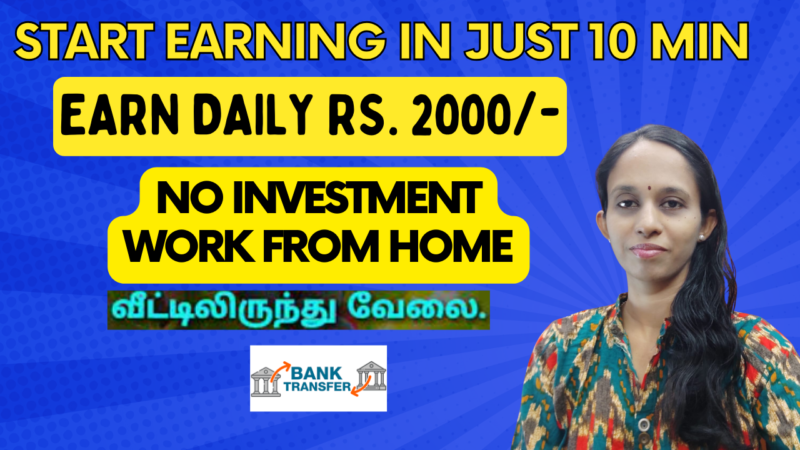How to Build Wealth in Your 50s

Build wealth in the 50s
Are you facing a midlife crisis? Are you nearing your 50s? Do not get scared; your life has a lot of opportunities. This article will give you money and peace of mind. This article will explain in detail how to build wealth in 50s. We know that age is just a number. But we can’t always skip our age. We need to plan a lot of things to build wealth in the 50s. Let us deep dive into the concept.
Why must we build wealth?
Building wealth can offer numerous benefits and opportunities, providing a foundation for financial security and a more comfortable life. Here are several reasons why you might consider building wealth: First and foremost is financial security. Financial security not only offers enough money but also offers a better quality of life and improves lifestyle. Financial freedom allows for entrepreneurial ventures and successful long-term goals. When people are satisfied with the money they earn, they start donating it, enabling charity initiatives. This builds a healthy society. Last of all, enough money offers great peace of mind.
Lastly, remember that building wealth is a gradual process, often involving smart financial planning, disciplined saving and investing, and making informed decisions about income and expenses. It’s important to strike a balance between enjoying the present and planning for the future.
How to build wealth in the 50s
Building wealth in your 50s may require a combination of strategic financial planning, smart investment decisions, and prudent lifestyle choices. Here are some tips to help you build wealth in your 50s:
-
Maximize Retirement Contributions
- Take advantage of catch-up contributions to retirement accounts, such as 401(k)s and IRAs. In 2023, individuals aged 50 and older can contribute an additional $6,500 to their 401(k) and an extra $1,000 to their IRAs.
-
Diversify Investments
- Diversification helps manage risk. Consider a well-balanced portfolio that includes a mix of stocks, bonds, and other investments based on your risk tolerance and financial goals.
-
Continue Learning
- Stay informed about investment opportunities and financial strategies. Attend seminars, read books, and seek advice from financial professionals to make informed decisions.
-
Review and Adjust Your Financial Plan
- Regularly review your financial plan to ensure it aligns with your current situation and goals. Adjust your plan as needed, especially if there have been changes in your income, expenses, or financial priorities.
-
Emergency Fund
- Maintain an emergency fund with three to six months’ worth of living expenses. This fund can provide a financial safety net in case of unexpected expenses or a change in income.
-
Health and Long-Term Care Planning
- Consider health insurance, long-term care insurance, and other measures to protect yourself and your assets from potential healthcare costs. These costs can be significant in retirement.
-
Downsize if appropriate
- Evaluate your housing situation. If appropriate, downsizing to a smaller home can free up equity and reduce ongoing expenses.
-
Eliminate Debt
- Work on paying off high-interest debt before retirement. Reducing or eliminating debt can improve your financial flexibility and reduce financial stress.
-
Explore passive income streams
- Look for opportunities to generate passive income, such as rental properties, dividends, or other investments that can provide a steady cash flow.
-
Tax Planning
- Consider tax-efficient strategies for withdrawals from retirement accounts. Work with a tax professional to minimize tax liabilities in retirement.
-
Work with Financial Advisors
- Consult with financial advisors to ensure your investment strategy aligns with your goals and risk tolerance. They can provide valuable insights and guidance tailored to your specific situation.
-
Stay Healthy
- Prioritize your health. Medical expenses can be a significant factor in retirement, and maintaining good health can contribute to a more enjoyable and cost-effective retirement.
Remember, building wealth is a gradual process, and it’s never too late to start implementing sound financial practices. Working with financial professionals can provide personalized advice based on your unique circumstances.
How to earn from part time jobs
Best Platforms for Microtasks
Best platforms to earn from home through writing






